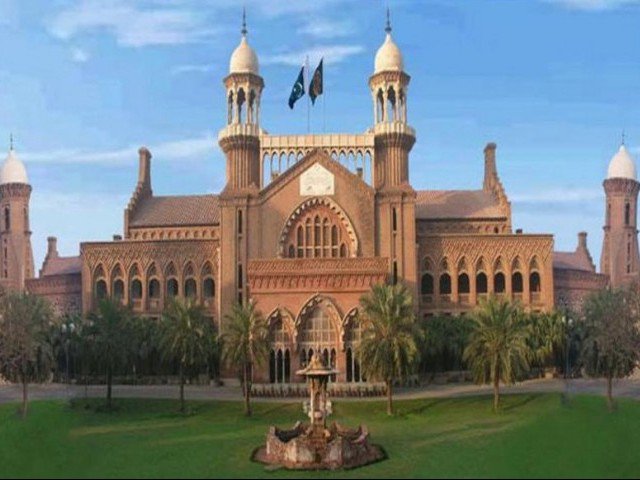
Pakistani lawyers routine strikes
(Hasnaat Malik)
LHC CJ says 600,000 cases were affected by 948 strikes, mostly on petty issues. In a shocking disclosure, Chief Justice of Lahore High Court (LHC) Mansoor Ali Shah has said the national exchequer suffered a huge loss of Rs450 million due to lawyers’ strikes in different bar associations of Punjab in the first three months of 2017.
The chief justice was addressing senior members of the legal fraternity in Rawalpindi on Friday night at a function organised by Pakistan Bar Council (PBC) member Syed Kalb-e-Hassan. PBC Vice Chairman Ahsen Bhoon and other senior members of the PBC from different provinces were also present.
The chief justice dispelled the impression of him being ‘anti-lawyers’. “It has been said that I am anti-lawyers, but I am not,” he made it clear.
He said every time he and his fellow high court judges planned to strengthen the justice system, it’s divided into two parts – the bench and the bar. He said he had introduced a number of reforms on the judicial side and “now it’s time for similar steps on the bar’s side”. But, he added, he was facing difficulties in doing so due to the lawyers’ misconduct and their strikes in the province.
The chief justice revealed that he had formed a WhatsApp group for getting connected to all 36 district and sessions judges of Punjab, reporting to him daily about their official progress. He said after examining their daily reports, he noticed that the biggest hurdle in the dispensation of justice was lawyers’ strikes.
He said 80 per cent of the protests were not related to any complaints against judges or judicial administration, but to government functionaries or other social issues. Only one incident, he added, had been reported wherein lawyers went on strike against the conduct of a judge.
He revealed that one district bar association announced a strike against the policies of the incumbent American president. Likewise, courts were also closed over the killing of innocent people by a fake saint in Sargodha.“Interestingly, a new situation has emerged in the province wherein the bar’s office-bearers are announcing strikes of two or three days without even mentioning any reason,” he said.
Justice Shah claimed that a study of the first three months of the current year (January to March) conducted by him revealed 948 incidents of strike due to which 600,000 cases were affected and 100,000 cases could not be decided.
About Rs30,000 is the cost of a judge per case, he said, adding that likewise, Rs750 is being spent from the national exchequer on a case per day in the province.
He claimed that 948 strikes cost the national exchequer a whopping Rs450 million. Litigants, he added, suffered Rs380 million loss due to the strikes as “one litigant spends Rs640 per hearing”. The CJ shared an incident related to Chicha Watni Bar Association which went on strike as one judge did not allow the clerk of a lawyer to argue the case.
He also referred to a recent World Bank report which revealed that 75 per cent of the cases were being delayed due to the lawyers’ adjournment, adding that 80 per cent of the judges had been transferred on the bars’ proposals.
However, he said that a new transfer policy relating to subordinate courts judges had been introduced which would be fully adhered to in the future.
The chief justice urged senior lawyers to bring changes in bars’ structure by connecting district and bar associations with bar councils — the regulatory bodies of lawyers. “Under the prevailing situation, I am unable to deal with issues about lawyers’ misconduct,” he said and asked the senior lawyers whether he should engage with the representatives of the regulatory bodies or the office-bearers of the local bar where the issue has arisen.
The senior lawyers, including PBC representatives, assured the chief justice of their full cooperation for improvement of the justice system. PBC Executive Member Raheel Kamran Sheikh, while talking to The Express Tribune, said, “Elections for the membership of PBC are dependent on obtaining votes from the members of the provincial bar council.”
“When we sit in appeals against their decisions, we tend to side with those who have voted for us. This is the case in all matters, including unnecessary calls for strikes,” he said. “This is why despite repeated public announcements and resolutions, bar councils do not take any action against unwarranted strikes.”
Courtesy: tribune.com.pk

